Reverence for Life Sunday will be marked on Sunday, Jan. 25, 2026 in the Roman Catholic Diocese of Saskatoon.
Bishop Mark Hagemoen of the Roman Catholic Diocese of Saskatoon each year declares the last Sunday of January as a day of prayer for Reverence for Life, coinciding with the anniversary of the Supreme Court’s Morgentaler decision which removed all legal limits to abortion in Canada. Bishop Hagemoen will celebrate Mass on Reverence for Life Sunday, Jan. 25 at 9 a.m. at the Cathedral of the Holy Family, 123 Nelson Road, Saskatoon, available via live-stream at https://saskatoonmass.com
Message from Bishop Hagemoen for Reverence for Life Sunday:
Dear Clergy, Religious, & Lay Faithful of the Diocese of Saskatoon:
The day of prayer for Reverence for Life will be celebrated in the Roman Catholic Diocese of Saskatoon on Sunday, January 25, 2026, providing our faith communities with an opportunity for prayers, reflection and discussion about the value of the precious gift of human life. I send this message on the Sunday when we also celebrate Sunday of the Word of God. Indeed, the Word of God has so much to say on this topic. In this brief letter I share with you two of my favorite scripture passages.
The first is from the Prophet Jeremiah (1:5) “Before I formed you in the womb I knew you, before you were born I set you apart.” This has always inspired me about the preciousness of each human person – right from the beginning of our existence in our mother’s womb. This passage is also an affirmation of God’s special plan for each of us as we are called to life.
The second passage is from John’s Gospel (10:10): “I have come that you may have life and have it abundantly.” This is part of the “Jesus the Good Shepherd” narrative. Jesus is the Good Shepherd who lays down His life for the sheep. The Lord is the ‘foolish shepherd’ who leaves the 99 sheep who are safe and seeks out the 1 who is lost. He does this because the sheep are not merely a task or a source of an economic living, but are those with whom the shepherd has a deep relationship with.
As we look at the current circumstances of our times, we see so many contradictions to the value of the dignity of the human person and community. We continue to experience terrible conflicts in many parts of the world. We also continue to experience shallow and narrow attitudes to human dignity and flourishing. In these times of reflecting on the prayer of St. Francis, “Lord, make me a channel of your peace,” we continue to hear this prayer in terms of bringing shalom and care of the vulnerable, and especially with regards to the protection and care for the unborn, our elders, and critically ill in our communities.
AN INSENSITVE & UTILITARIAN CULTURE Contributes to SINS AGAINST HUMAN LIFE
Each year I point out in this letter that Canada continues to deal with the tragic repercussions of the removal of abortion from the Criminal Code. We now mark the 38th anniversary of the Supreme Court of Canada decision in the Morgentaler case on January 28, 1988, which removed all remaining restrictions on abortion in Canada. Unfortunately applauded by many in our society, this moment in our nation’s history holds within it the tragic reality of millions of lost lives. Victims of abortion include the unborn children who are killed, but also the mothers, fathers and families left wounded after an abortion. The community – indeed our nation – are also weakened and damaged as the weakest and most vulnerable among us are not valued and protected.
Pope Leo ushered in this New Year 2026 with a renewed appeal for all of God’s people to make a firm commitment to respect and protect human life, in each and every person and circumstance we find the other. In his Jan. 1, 2025 homily last year, the late Pope Francis also called for a renewed commitment and a new hope:
“I ask for a firm commitment to respect the dignity of human life from conception to natural death, so that each person may cherish his or her own life and all may look with hope to the future…” (see +Pope Francis’ Homily on Solemnity of Mary Mother of God Jan. 1 2025)
Let us continue to remember Pope Francis’s words, as we face in Canada voices seeking the expansion of access to doctor assisted suicide, also known as “Medical Assistance in Dying” or “MAiD”:
“The victims of this [throwaway] culture are precisely the weakest and most fragile human beings – the unborn, the poorest, the sick and elderly, the seriously handicapped, etc. – who are in danger of being ‘thrown away’, expelled from a system that must be efficient at all costs.” (See: +Francis’ Address to a Delegation from the Dignitatus Humanae Institute, Dec. 7, 2013)
Perhaps the conclusion of the Jubilee Year of Hope can inspire the world to not only beg forgiveness for grave sins against our brothers and sisters of the world, but can also be a time of a renewed commitment to hope as we make concrete steps to repair the great damage of our uncaring.
The CARE FOR CREATION stands alongside of God’s most precious creation of Human Life: LIFE IN THE WOMB & CARING FOR OUR ELDERS
Pope Francis continually highlighted that respect for creation and for human dignity are issues that are only realized together. As he states in his 2023 Apostolic Exhortation Laudate Deum:
“Everything is connected …no one is saved alone” (#19) “To recognize… that human life is incomprehensible and unsustainable without other creatures. As part of the universe… all of us are linked by unseen bonds and together form a kind of universal family, a sublime communion which fills us with a sacred, affectionate and humble respect.” (#67) [See: Laudato Deum, October 4, 2023]
The Gospel’s moral and social teaching calls on all people of good will to bring to bear intellectual, social, and political consciousness on the blatant inconsistency that is affecting the well-being and flourishing of human cultures through our world. This effort is at the service of every person on the planet! If we do not engage in calling each other to a greater and fuller humanity, we should then not be surprised at the larger deterioration of a culture of human care and respect – which affects all creation.
The Recovery of the HUMAN HEART in our WORLD
In his message on the World Day of Prayer for Peace of January 1, 2026, Pope Leo extolls the world to work hard for peace by “…preferring listening and, where possible, engaging with others…” This is hard work and calls for steady, disciplined, and unwavering commitment to life! Pope Leo calls the world to deal with present-day conflicts by avoiding the temptation to “fight fire with fire.” The crucial gospel alternative is to work towards a disarming peace. This is a peace the world cannot give, a peace that only God gives (see John 14:27). This teaching is an important guide in our pro-life work. As he states,
“Goodness is disarming. Perhaps this is why God became a child. The mystery of the Incarnation, which reaches its deepest descent even to the realm of the dead, begins in the womb of a young mother and is revealed in the manger in Bethlehem. …Nothing has the power to change us as much as a child. Perhaps it is precisely the thought of our children and of others who are equally fragile, that cuts to the heart (cf. Acts 2:37).”
Quoting Pope Francis, Pope Leo in his message on the World Day of Prayer for Peace (Jan. 1, 2026) reflected on human fragility as a means by which God brings conversion, healing, and new insight.
“…human fragility has the power to make us more lucid about what endures and what passes, what brings life and what kills. Perhaps for this reason, we so often tend to deny our limitations and avoid fragile and wounded people: they have the power to question the direction we have chosen, both as individuals and as a community.” (See Pope Leo XIV Message for 59th World Day of Peace Jan. 1, 2026)
The biblical teaching of the Church’s preferential option for the poor, the needy, and the stranger – extolls all people of good will to see human fragility not as a weakness or defect – but rather a human quality and circumstance that calls us to greater care, compassion, and …duty!
Failing to recognize that right to life of the most disadvantaged and vulnerable has left our country damaged – not only in the missing and lost lives of millions of unborn children – but also in removing ‘the heart’ from our society. Many people today experience the loss of heart when they lose the sense of their own humanity when they no longer feel “useful” because of ill-health or aging. Persons who are older or are dealing with disabilities increasingly feel that they are a “problem” to their families and those on whom we rely for care.
The “loss of heart” is the root cause of so many other evils in our world today. On this day let us pray and commit to stop this erosion of heart – and be renewed in the restoration of heart by holding steady to the hope of the Gospel of Jesus Christ: the Sacred Heart for our world. As the late Pope Francis concluded in his New Year’s Day 2025 homily:
“May we learn to care for every child born of a woman, above all by protecting, like Mary, the precious gift of life: life in the womb, the lives of children, the lives of the suffering, the poor, the elderly, the lonely and the dying…All of us are invited to take up the summons that flows from the maternal heart of Mary: we are called to cherish life, to care for wounded lives — so many wounded lives, so many — to restore dignity to the lives of everyone” because it is the basis for building a culture of peace…” (See +Pope Francis’ Homily on Solemnity of Mary Mother of God Jan. 1 2025)
Sisters and Brothers, we continue to pray that as a people and nation we may re-discover our heart!
Yours in Christ,
Most Rev. Mark A Hagemoen, Bishop of Saskatoon
 Reverence for Life Prayer:
Reverence for Life Prayer:
Almighty God, giver of all that is good, we thank you for the precious gift of human life: For life in the womb, coming from your creative power, For the life of children, making us glad with their freshness and promise, For the life of young people, hoping for a better world, For the life of people who are disabled, teaching us that every life has value, For the life of the elderly, witnessing to the ageless values of patience and wisdom. Like Blessed Mary, may we always say “yes” to Your gift. Help us to realize the sacredness of human life and to respect and cherish it from conception to its natural end. And bring us at last, O Father, to the fullness of eternal life in Jesus Christ our Lord. AMEN
Prière
Dieu Tout-Puissant, donateur de tout ce qui est bon, nous te remercions pour le don précieux de la vie humaine:Pour la vie dans le sein maternel, provenant de ton pouvoir créatif, Pour la vie des enfants, nous rendant heureux de leur fraîcheur et de leur promesse, Pour la vie des jeunes, espérant pour un monde formidable, Pour la vie des personnes qui sont handicapées, nous apprenant que toute vie a de la valeur, Pour la vie des personnes âgées, témoignant des valeurs intemporelles de patience et de sagesse. Comme la bienheureuse Marie, puissions-nous toujours dire “oui” à Ton don. Aide-nous à réaliser le caractère sacré de la vie humaine, à la respecter et à la chérir de la conception à sa fin naturelle. Et amène-nous enfin, ô Père, à la plénitude de la vie éternelle en Jésus-Christ notre Seigneur. AMEN
-30-








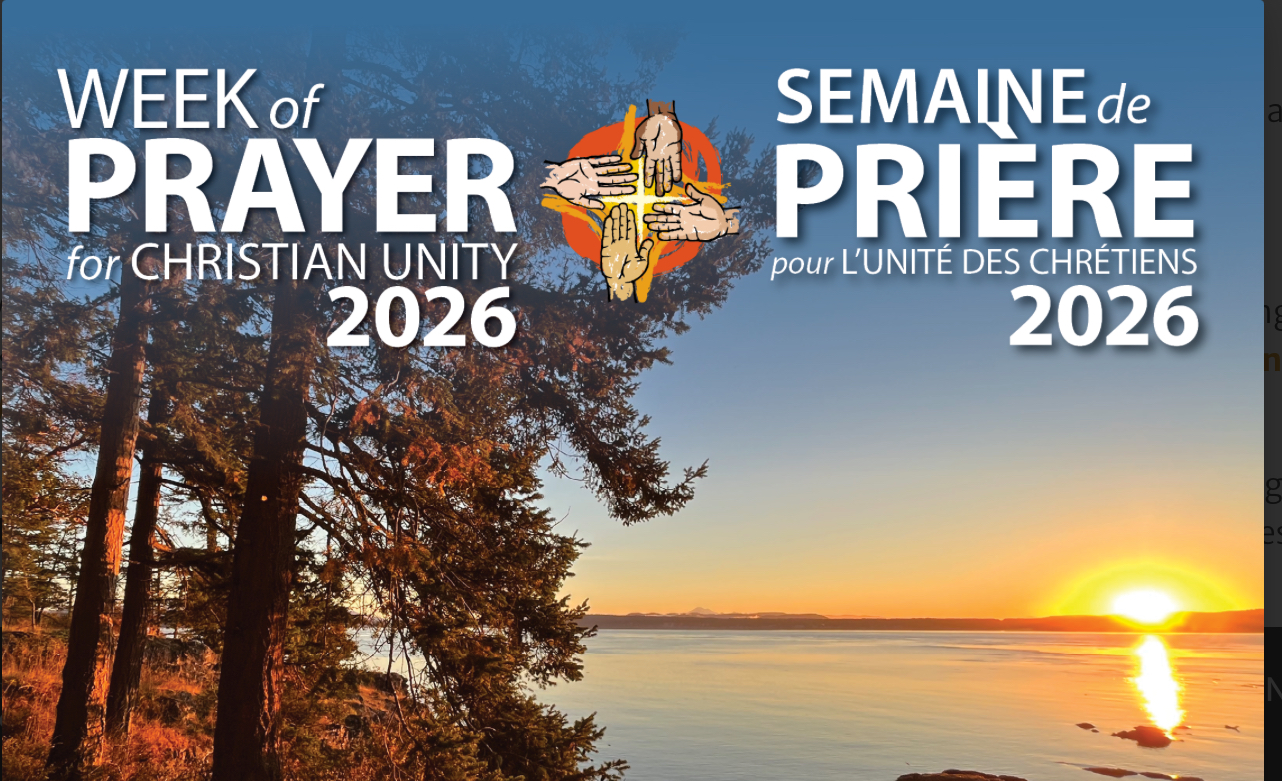
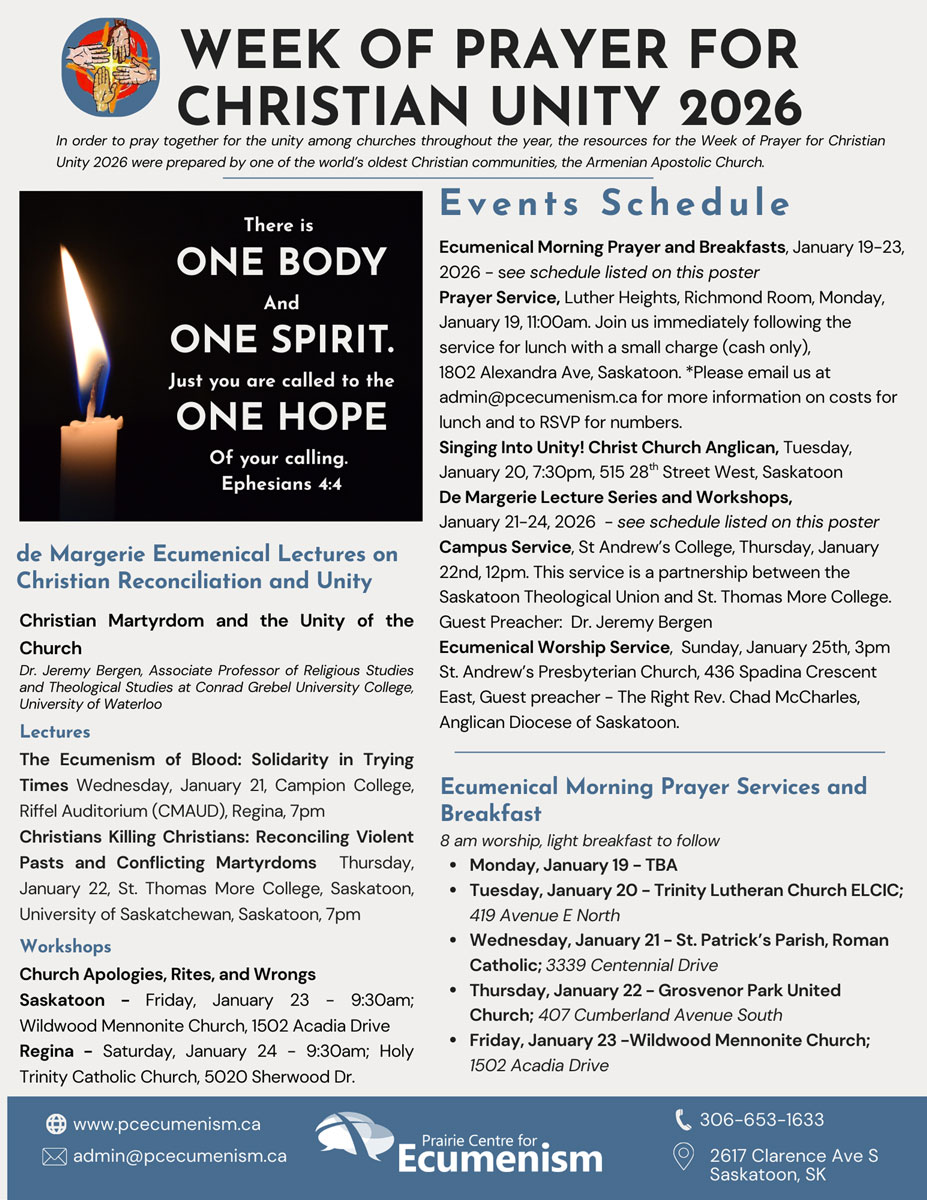

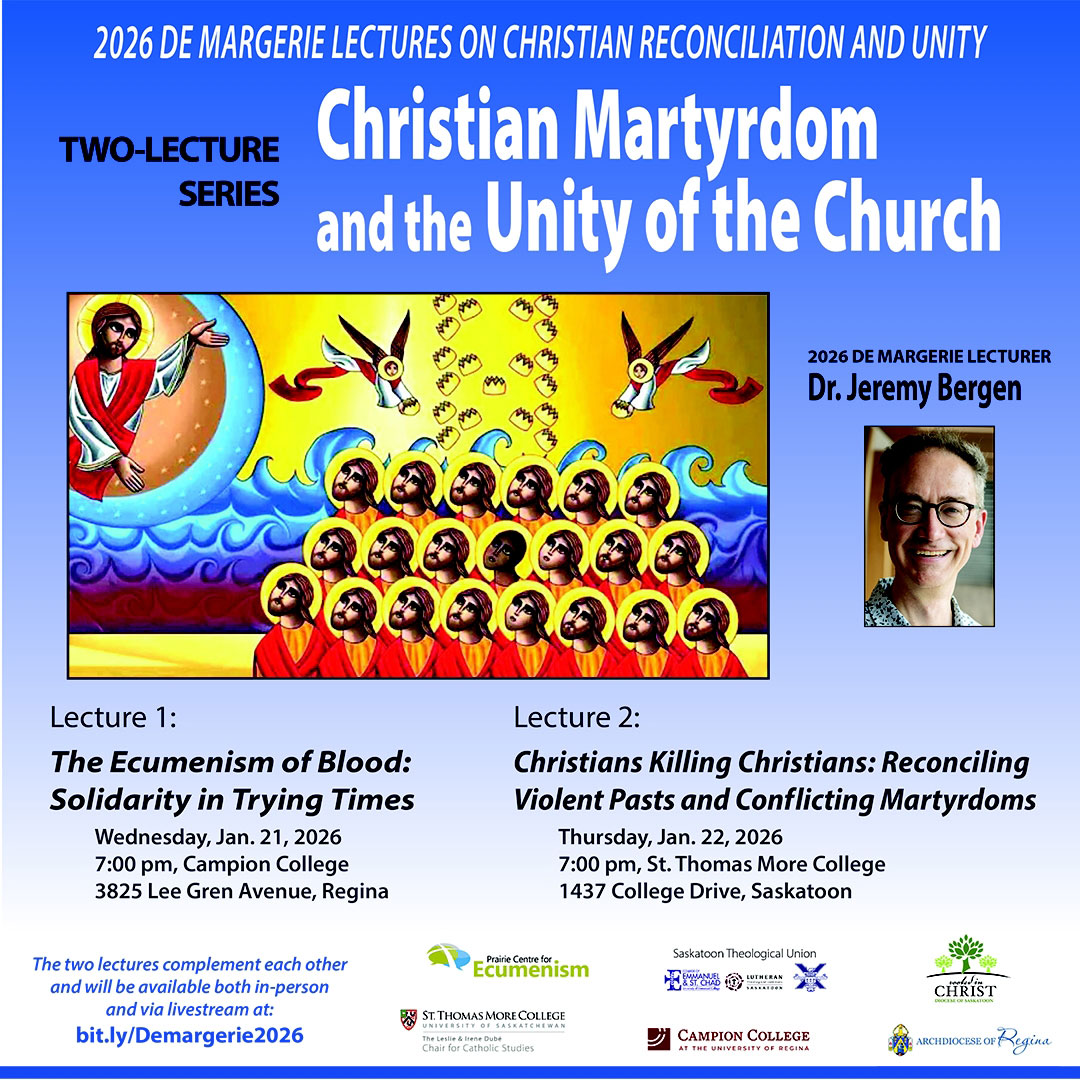
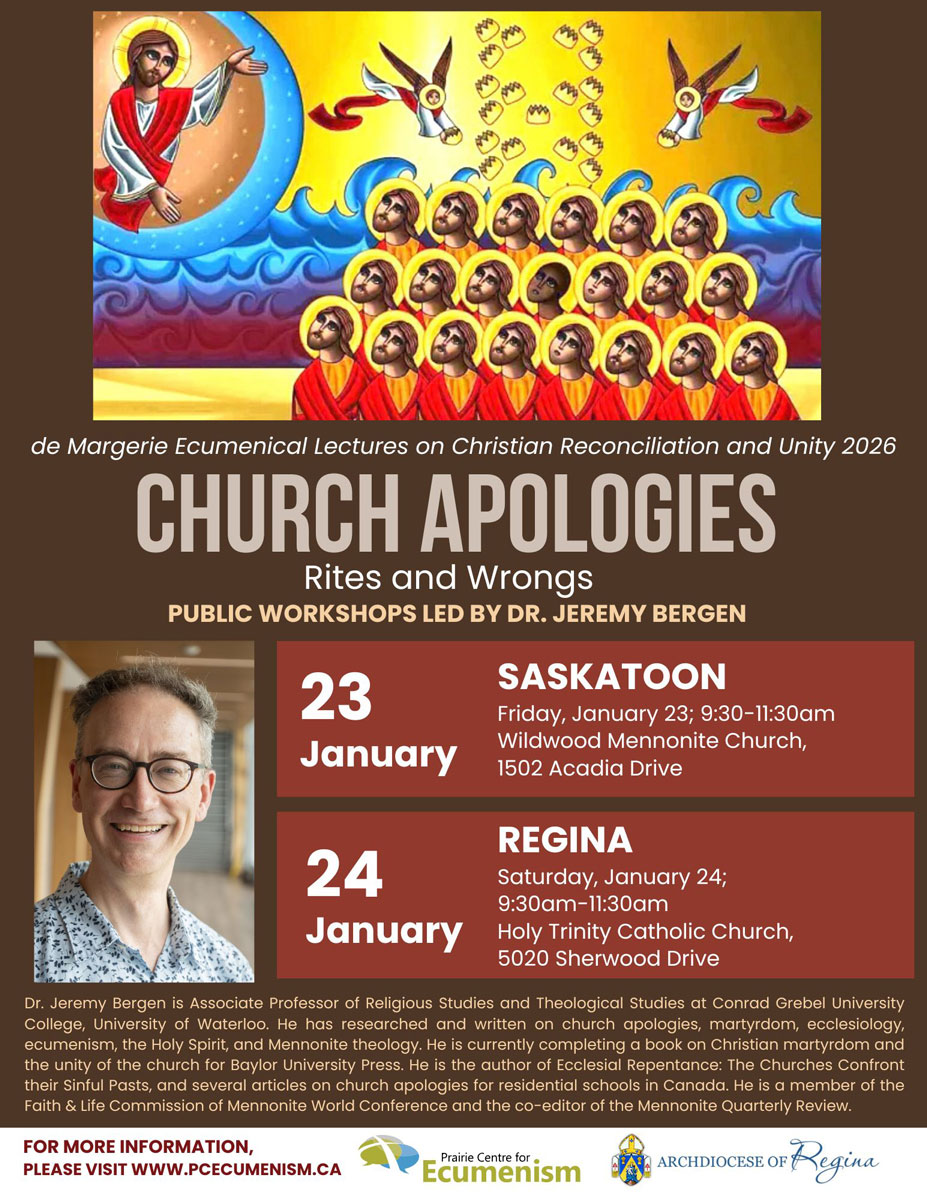


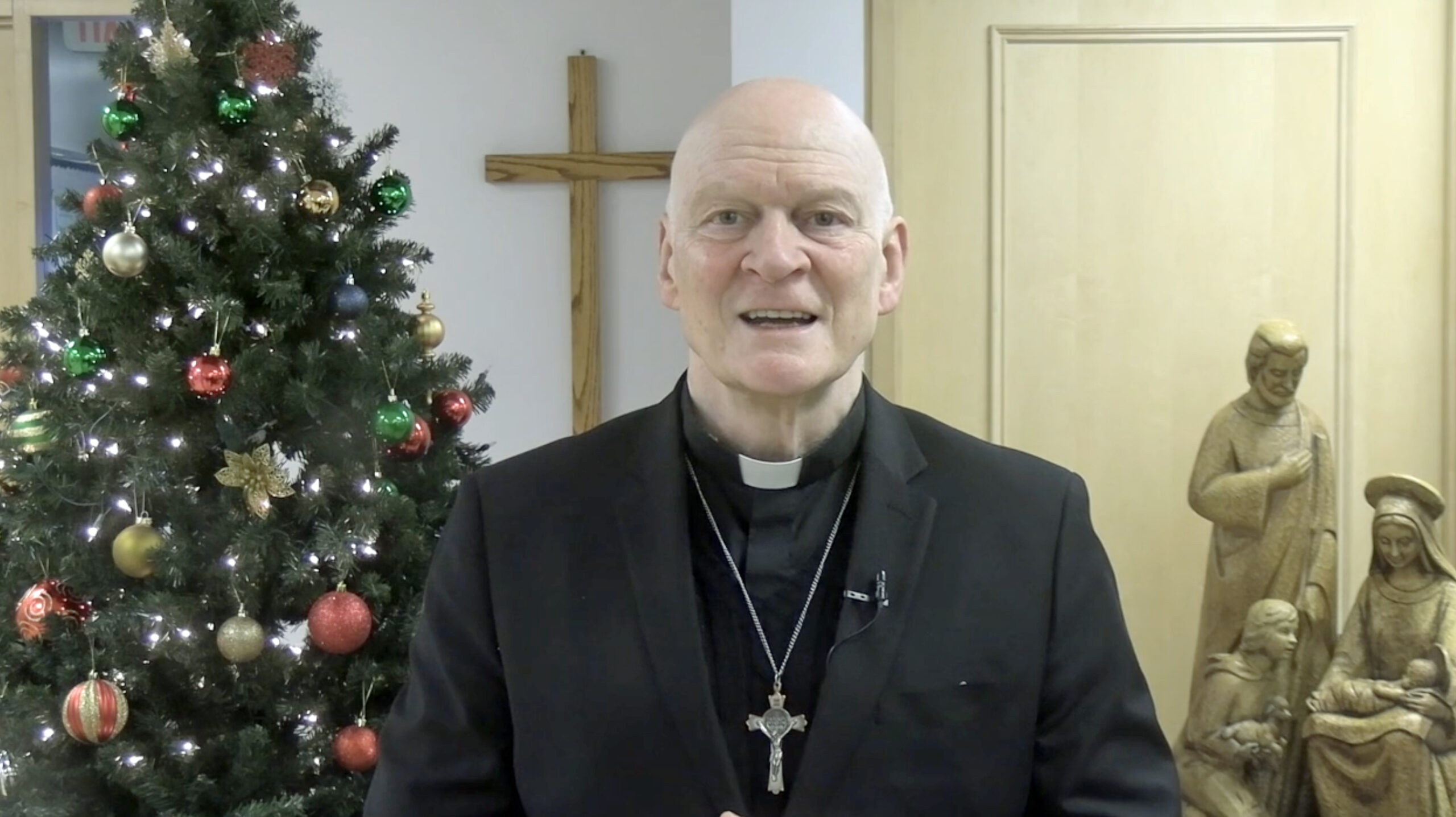
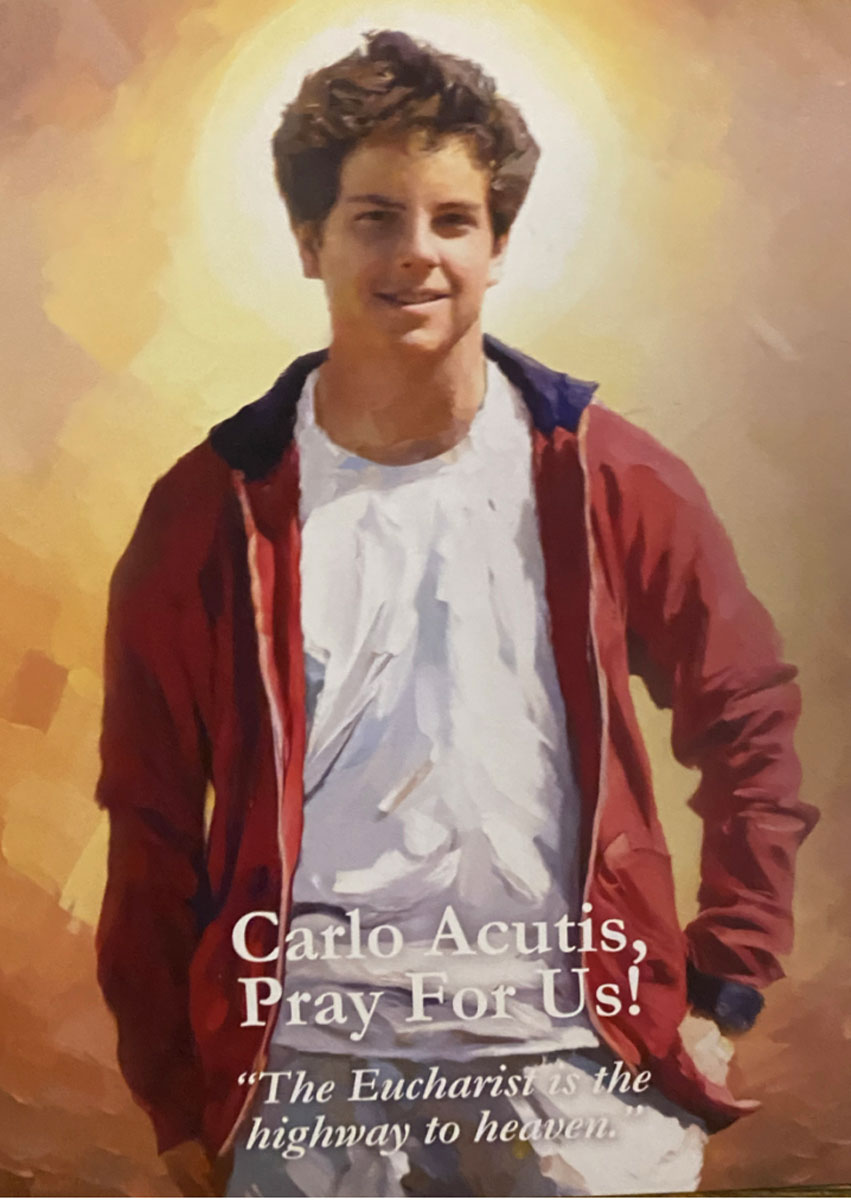
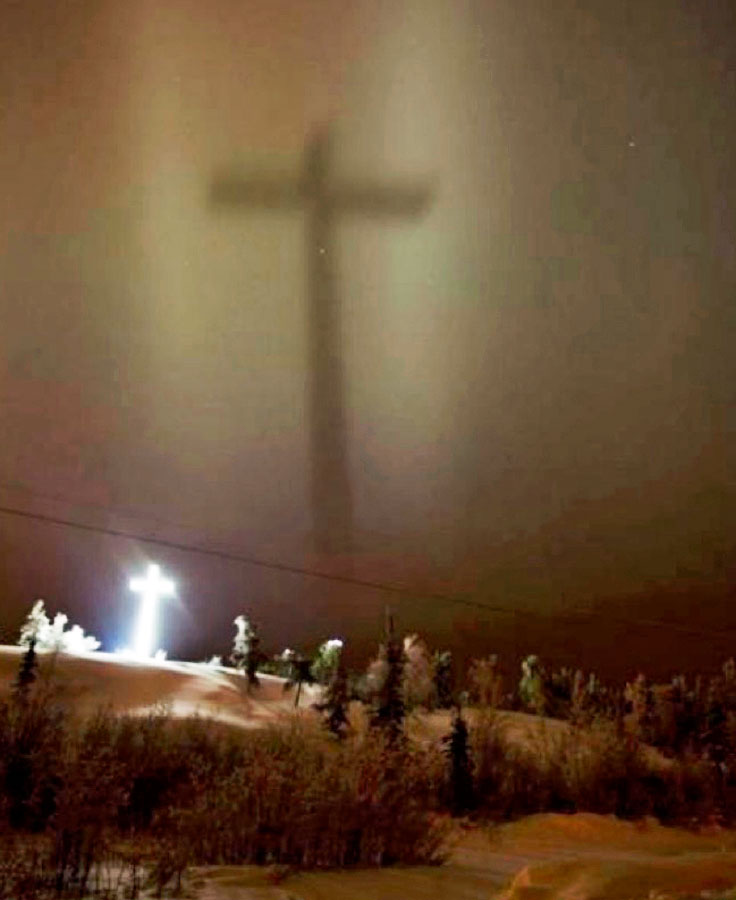
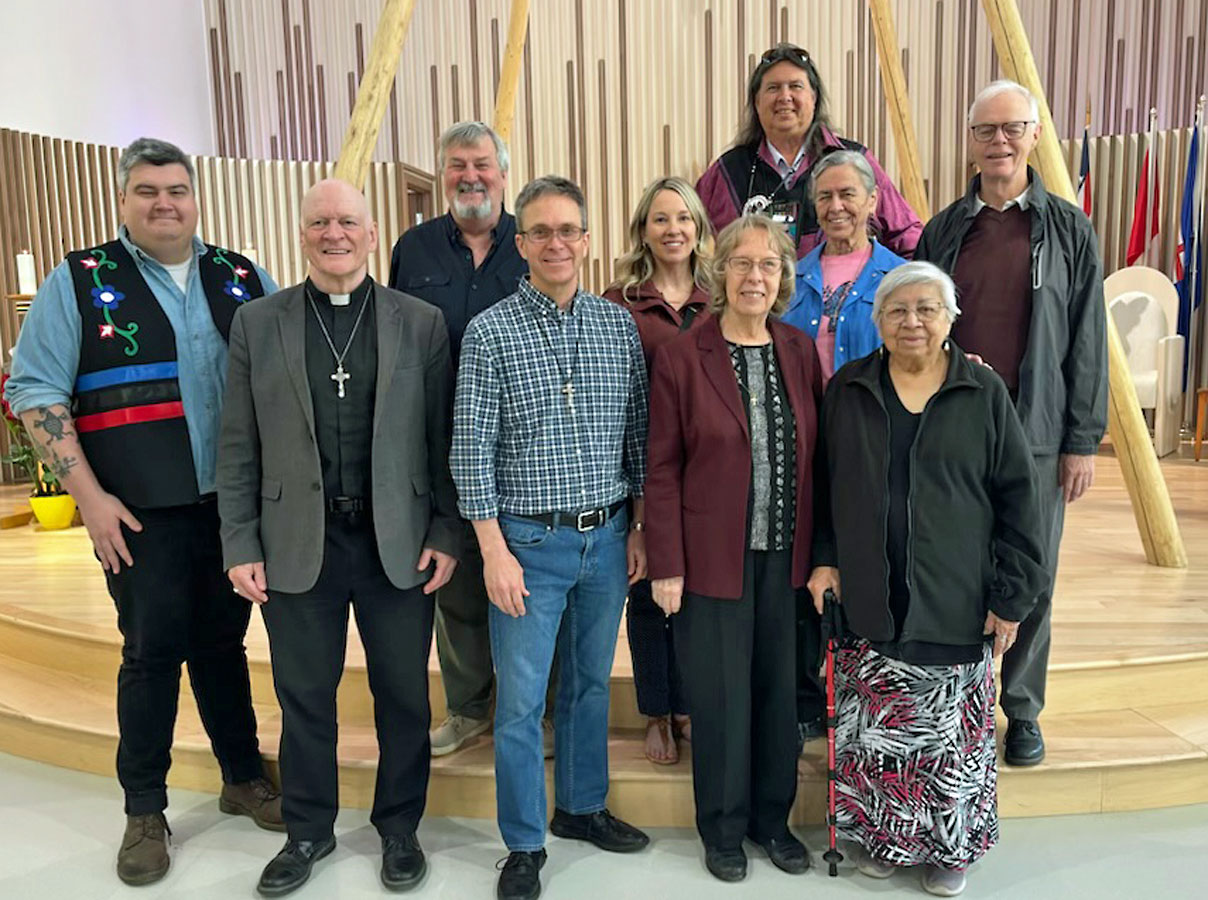

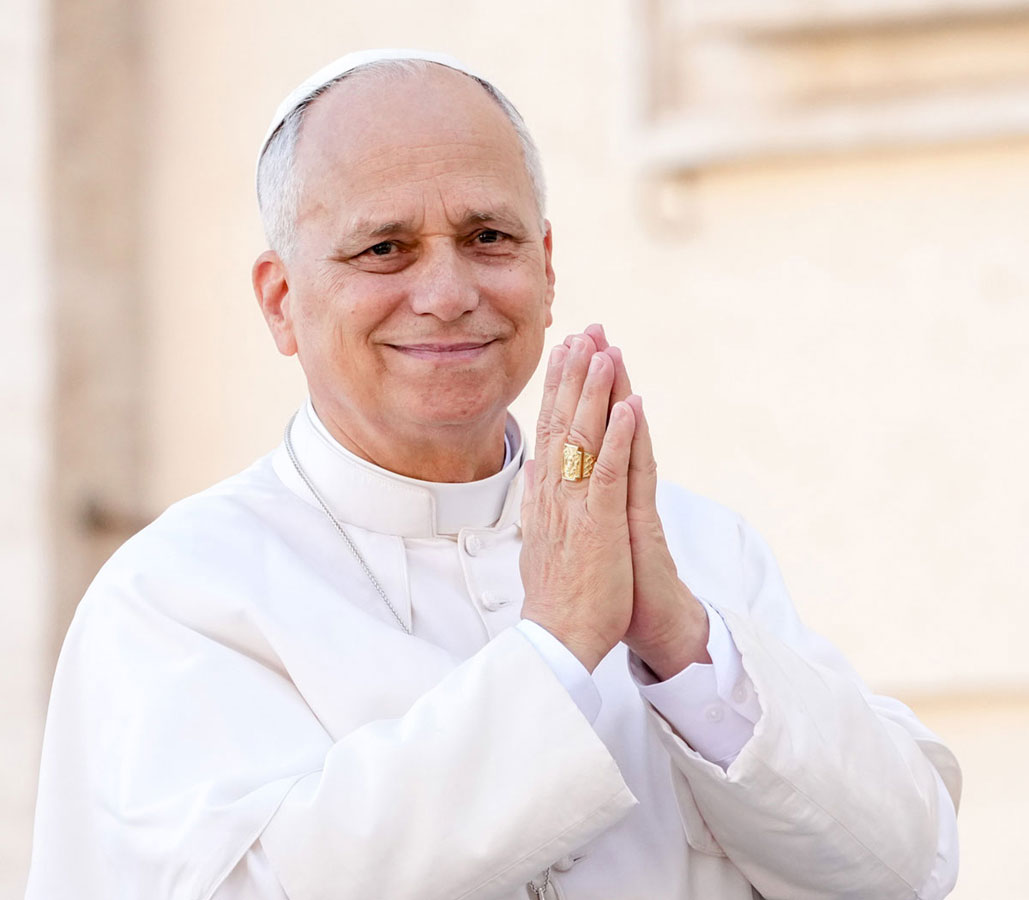












Recent Comments